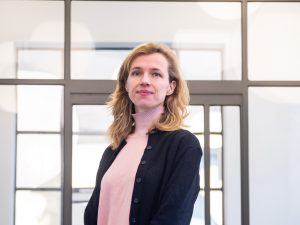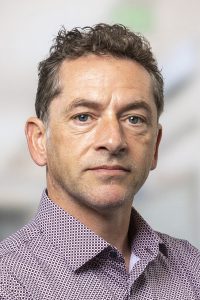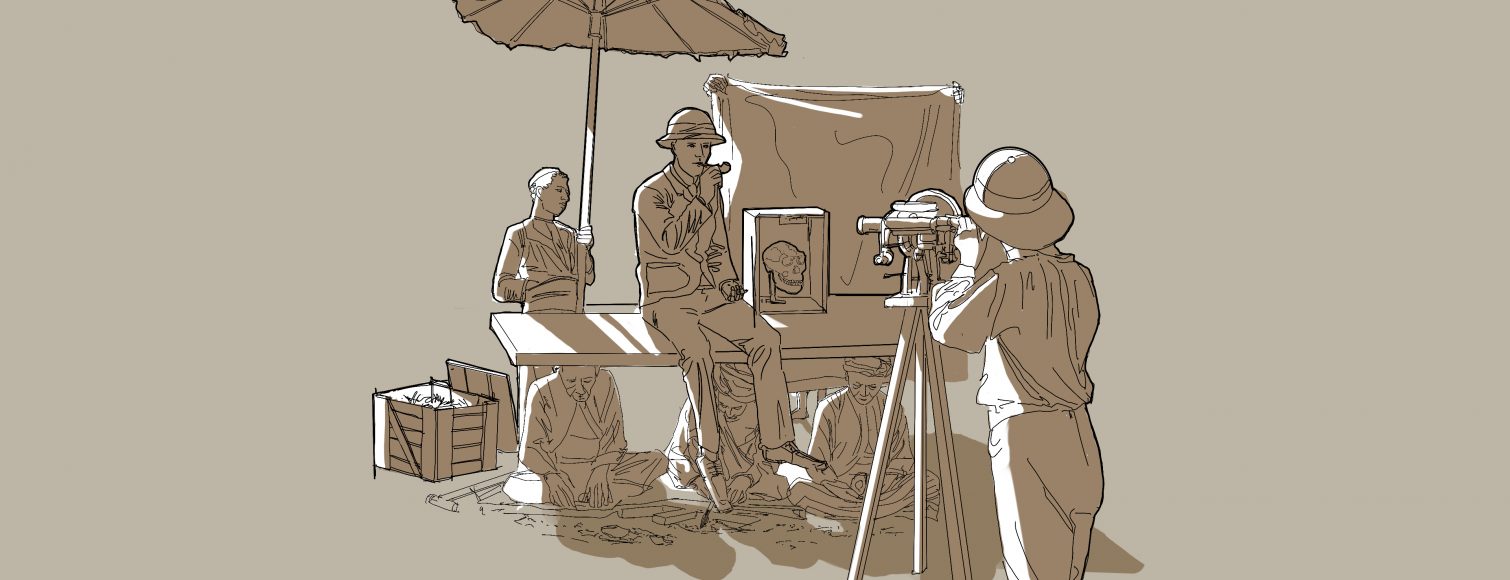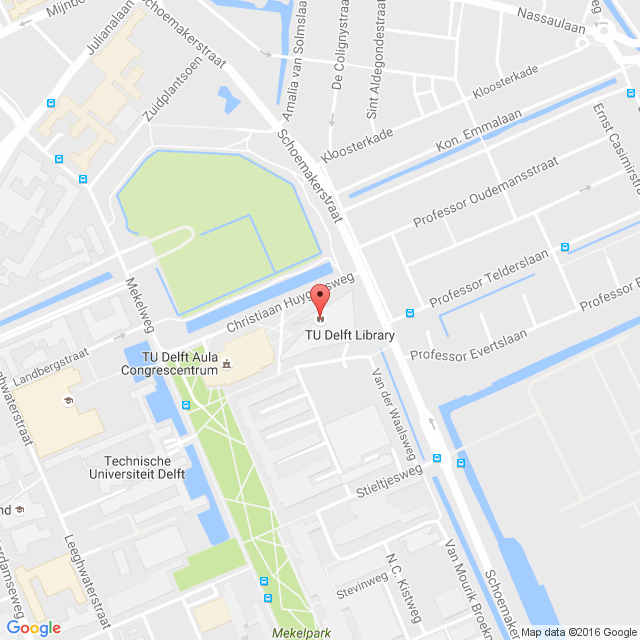Recording: History of Science | Scientific Discovery or Colonial Theft? On Indonesia’s Call to Return the Dubois Collection
No tickets left! But you can still join the wait list
Leiden’s Natural History Museum, Naturalis, is now facing claims from Indonesia that it should return the Dubois fossil collection (which includes the famous Java Man fossils, and thousands of other pieces found and taken away from colonial Indonesia). With this claim, discussions about the repatriation of colonial era artifacts have entered the domain of natural history. What does that mean for the future of the natural history museum? To explore Indonesia’s claim, this talk focuses on how colonial natural history collections are and how they differ (or don’t) from ethnographical or art collections. What can the natural history museums do to address the legacy of the colonial past?
In today’s History of Science event, Fenneke Sysling will give us historical background, while Udo Pesch will respond from a contemporary scientific perspective. There will be room for all of us to ask questions as well, and we invite you to stay for drinks. Register here!

Fenneke Sysling is an assistant professor at the University of Leiden, specializing in the history of science and colonialism. She wrote Racial Science and Human Diversity in Colonial Indonesia (2016), and her upcoming project is about medical practices and ethics in colonial Southeast Asia. Her interests include colonial heritage, museum objects, and natural history.

Udo Pesch is an associate professor in ethics of technology at the department of Values, Technology and Innovation of the faculty of Technology, Policy and Management at the TU Delft. He has a strong multidisciplinary background in philosophy, policy science, political theory, and innovation studies. His main focus is on the democratization of infrastructures, most notably within the context of the energy transition. Other disciplinary interests include responsible innovation, participatory decision-making, environmental politics, public policy, and ethics.
In collaboration with the Academic Heritage Team & the TU Delft Library
History of Science series
In the History of Science series, Studium Generale will team up with the Academic Heritage Team to connect the past with the present. In each session, a historian is asked to form a panel with experts from the TU Delft to explore the roots of one of today’s issues. They will examine the roles that science, technology, and engineers have and could take to address the critical issues of our time. The Library invites students, staff, and researchers to come interact and join these discussions.


